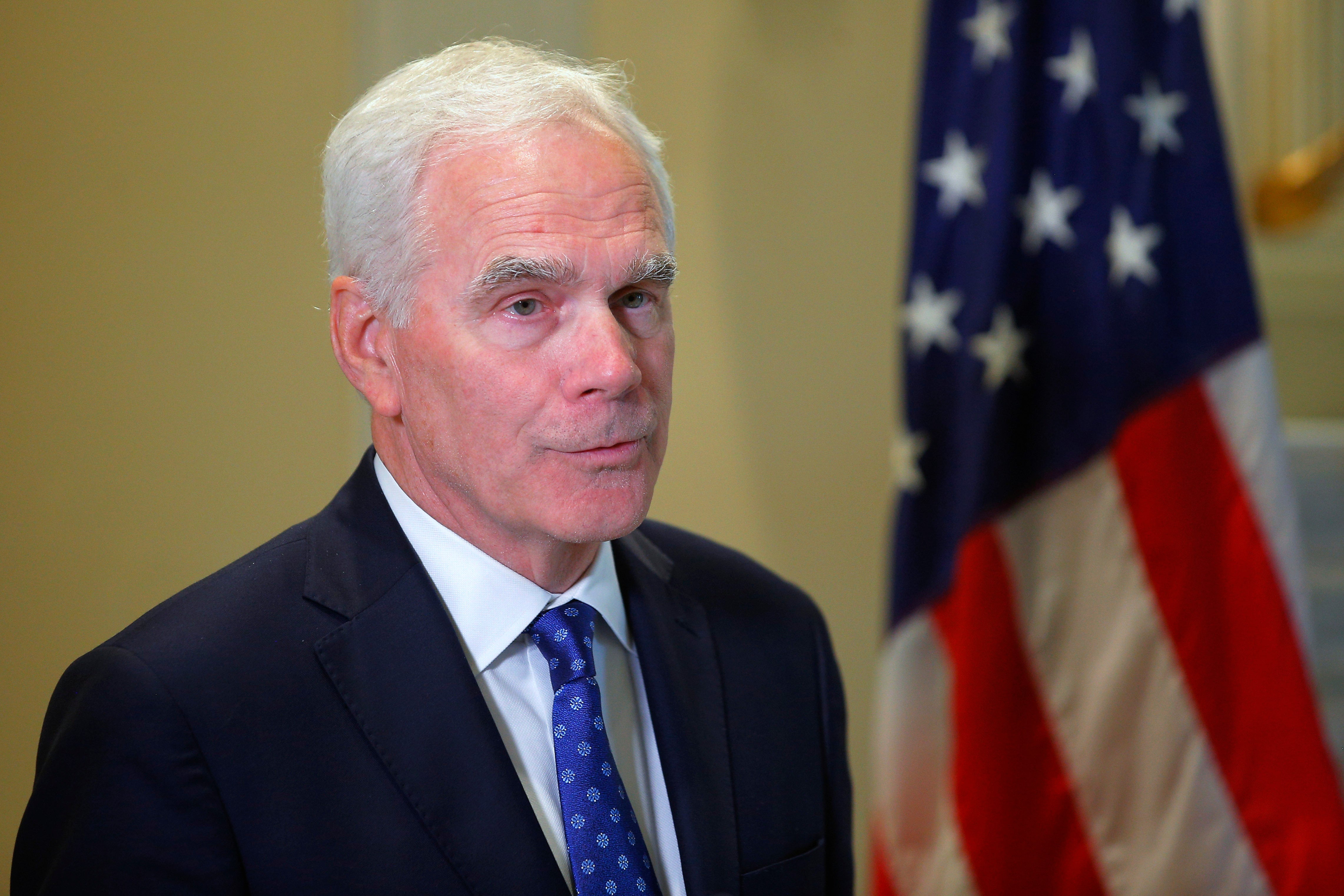Oklahoma seeks execution dates for 7 death-row inmates
Oklahoma's new attorney general is seeking execution dates for seven death-row inmates

Oklahoma’s new attorney general filed motions on Thursday seeking execution dates for seven death-row inmates who have exhausted all of their appeals.
Attorney General John O’Connor asked the Oklahoma Court of Criminal Appeals to set execution dates for James Coddington, Donald Grant, John Grant Julius Jones, Wade Lay, Gilbert Postelle and Bigler Stouffer. All but Stouffer were recently dismissed from a federal lawsuit challenging the state’s lethal injection protocols. None of those six inmates selected an alternative method of execution, which the federal judge said was necessary for them to continue as plaintiffs in the case.
Stouffer never joined the federal lawsuit, in which death row inmates contend the state's current three-drug protocol of midazolam, vecuronium bromide and potassium chloride risks subjecting them to unconstitutional pain and suffering.
An attorney for some of the inmates, Dale Baich, criticized O’Connor for moving forward with executions while the federal case is pending.
“The drug protocol that was problematic seven years ago is the same one the state seeks to use again," Baich said in a statement. “Given that history and the unresolved questions about the constitutionality of the state’s execution protocol that are pending before the federal district court, Oklahoma should not move forward with any executions at this time."
In a statement, O'Connor cited a state question approved by two-thirds of Oklahoma voters in 2016 to enshrine the death penalty into the Oklahoma Constitution and noted that the inmates' appeals had lasted between 13 and 36 years.
“Our thoughts remain with the families and loved ones of the victims of all death row inmates," O'Connor said. “They have endured the lengthy appeals process, while waiting decades for justice for horrific crimes their loved ones suffered. Further delay will only perpetuate that injustice.”
Oklahoma announced last year it had secured a source for the drugs and planned to resume lethal injections. The state once had one of the busiest death chambers in the nation, but executions were put on hold following a botched lethal injection in 2014 that left an inmate writhing on the gurney and drug mix-ups in 2015 in which the wrong lethal drugs were delivered. One inmate was executed with an unapproved drug and a second inmate was just moments away from being led to the death chamber before prison officials realized the same wrong drug had been delivered for his execution.